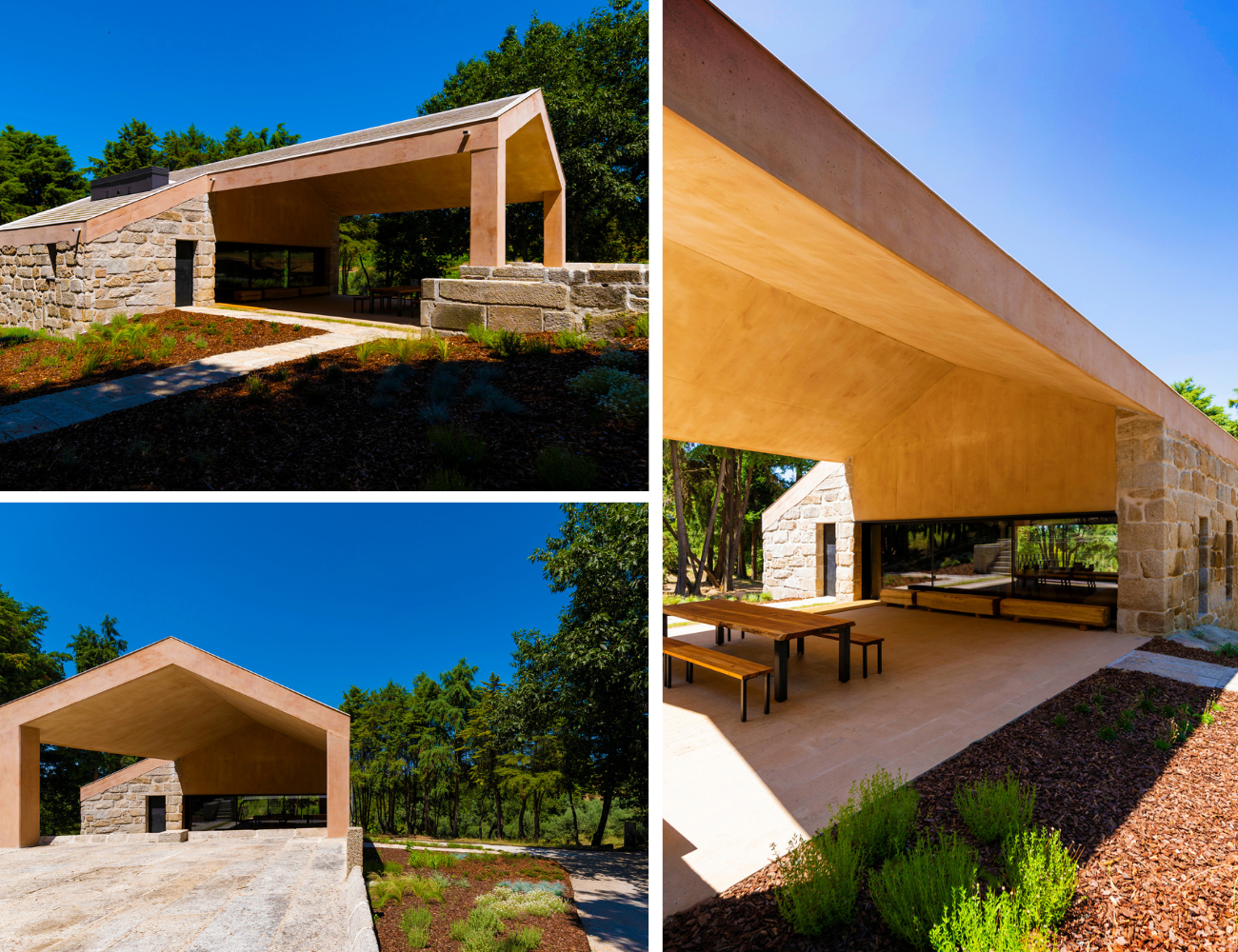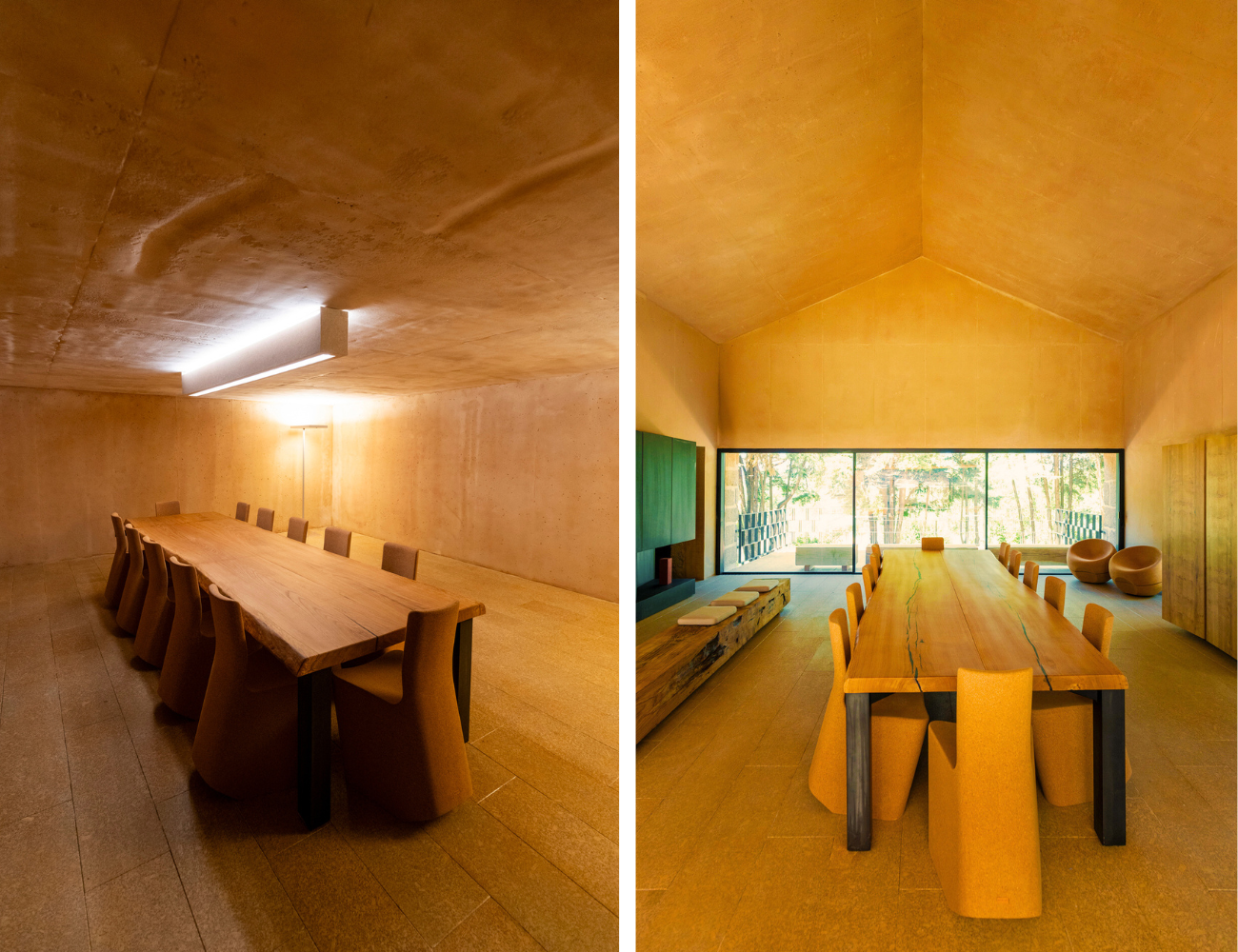The Casa Mãe at Quinta da Alameda

The architect's intervention has gifted Quinta da Alameda an exemplary space for interaction and shared experiences. Beyond its aesthetic appeal, the project now conveys a striking sense of versatility and functionality.
At the heart of the rehabilitation lay a commitment to preserving the memory and identity of the place. With stone taking precedence, the scheme favoured natural materials that encourage a harmonious dialogue between the traditional and the contemporary.

Guided by the principle of minimal intervention for maximum impact, the project responded to pressing needs for flexibility and multi-functionality, enabling spaces to adapt seamlessly to a variety of uses. A prime example is the creation of a generous forecourt, designed as an open-air amphitheatre dedicated to social, oenological, and cultural events at the estate.
.webp)
Inside, furniture crafted from cork and solid wood, with organic and curvilinear lines, reinforces the sense of natural ease that permeates the architecture. Expansive glazed openings invite daylight to animate every aspect of the main living space, while the introduction of steel and reinforced concrete ensures a powerful, cohesive identity for the whole ensemble.
.webp)
The design also enhanced visual and spatial continuity on the ground floor. The existing porch was reconfigured to lead into a central area extended by a new suspended terrace that projects into the landscape. This gesture ensures not only a fluid architectural flow within the house but also a seamless connection with its true host: the exceptional surroundings of Quinta da Alameda. The building’s layout encourages contemplation of the lush woodlands beyond.

To the side, the kitchen remains in its original location, now linked via an internal staircase to the private wine cellar in the semi-basement. More than a rehabilitation, this project embodies a reinvention of the pre-existing structure—respecting its past while shaping a new space for the future of Quinta da Alameda. Looking ahead, the Casa Mãe by Carvalho Araújo stands as a physical expression of reverence for the Dão and its elegant wines.



